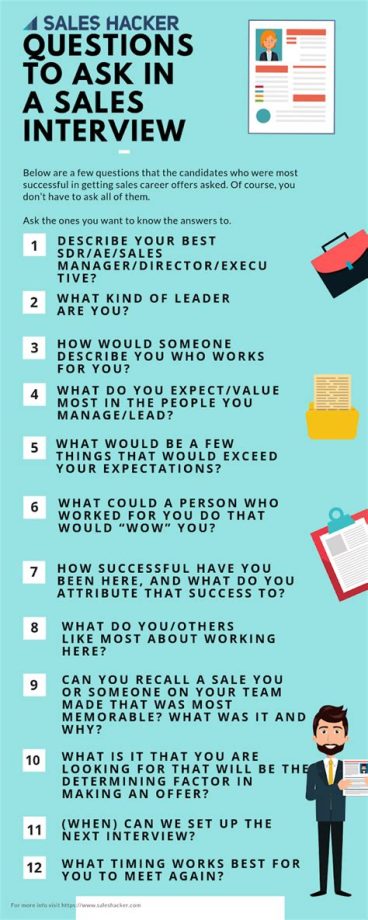Availability Questions In Job Interviews

Job interviews are a crucial part of the job application process. One aspect that employers often focus on is the availability of the candidate. Employers want to know if the candidate is available to work during the required hours and if they have any prior commitments that may affect their work schedule. In this article, we will discuss the most common availability questions asked during job interviews and how to answer them.
1. Are you available to work during our business hours?
This is one of the most common availability questions asked during job interviews. Employers want to ensure that the candidate is available to work during their business hours. If the job requires you to work during specific hours, it is important to be honest and confirm that you are available to work during those hours.
Tip:
If you are not available to work during their business hours, it is better to be honest and communicate this to the employer. This will save both your time and the employer’s time.
2. Do you have any other commitments that may affect your work schedule?
Employers want to know if the candidate has any prior commitments that may affect their work schedule. This can include family obligations, school, or other jobs. It is important to be honest and transparent about your commitments.
Tip:
If you have prior commitments that may affect your work schedule, discuss this with the employer during the interview. You can negotiate a schedule that works for both parties.
3. Can you work weekends or holidays?
Some jobs require employees to work weekends or holidays. Employers want to know if the candidate is available to work during these times. It is important to be honest about your availability.
Tip:
If you are not available to work weekends or holidays, it is better to communicate this to the employer during the interview. However, if you are willing to work weekends or holidays, make sure to express your willingness to the employer.
4. How soon can you start working?
Employers want to know how soon the candidate can start working. This question helps employers with their staffing needs.
Tip:
If you are currently employed, it is important to give your current employer notice before leaving. Make sure to communicate this to the employer during the interview.
5. Are you willing to work overtime?
Some jobs require employees to work overtime. Employers want to know if the candidate is willing to work overtime when needed.
Tip:
If you are willing to work overtime, make sure to express your willingness to the employer. However, if you are not willing to work overtime, communicate this to the employer during the interview.
6. How many hours can you work per week?
Employers want to know how many hours the candidate can work per week. This question helps employers with their staffing needs.
Tip:
Be honest about the number of hours you can work per week. It is important to communicate your availability and be clear on the number of hours you can work.
7. Are there any days or times that you cannot work?
Employers want to know if the candidate has any specific days or times that they cannot work. This can include religious holidays, personal commitments, or other obligations.
Tip:
If you have any specific days or times that you cannot work, communicate this to the employer during the interview. This will help the employer with their staffing needs and ensure that there are no scheduling conflicts.
8. Can you work remotely?
Some jobs allow employees to work remotely. Employers want to know if the candidate is able to work remotely if needed.
Tip:
If you are able to work remotely, communicate this to the employer during the interview. This can be a valuable asset and can help with scheduling and staffing needs.
9. Will you be able to commit to this job long-term?
Employers want to know if the candidate is able to commit to the job long-term. This question helps employers with their staffing needs and ensures that the candidate is a good fit for the job.
Tip:
If you are able to commit to the job long-term, express your willingness to the employer. However, if you are unsure about your long-term plans, communicate this to the employer during the interview.
10. Is there anything else we should know about your availability?
This question gives the candidate an opportunity to communicate any other availability concerns or information to the employer.
Tip:
If there is any additional information about your availability that you think the employer should know, communicate this during the interview. This can help the employer with their staffing needs and ensure that there are no scheduling conflicts.
Conclusion
Availability questions are an important part of job interviews. It is important to be honest and transparent about your availability. By communicating your availability needs and concerns, you can help the employer with their staffing needs and ensure that there are no scheduling conflicts.
FAQs
Q: Can I lie about my availability during a job interview?
A: No, it is not recommended to lie about your availability during a job interview. Employers may verify your availability and lying can lead to termination of employment.
Q: What if I have prior commitments that conflict with the job requirements?
A: Communicate this to the employer during the interview. You can negotiate a schedule that works for both parties.
Q: Can I change my availability after I am hired?
A: It depends on the employer’s policies. Some employers may be flexible, while others may require a set schedule. It is best to communicate any availability changes to the employer as soon as possible.
